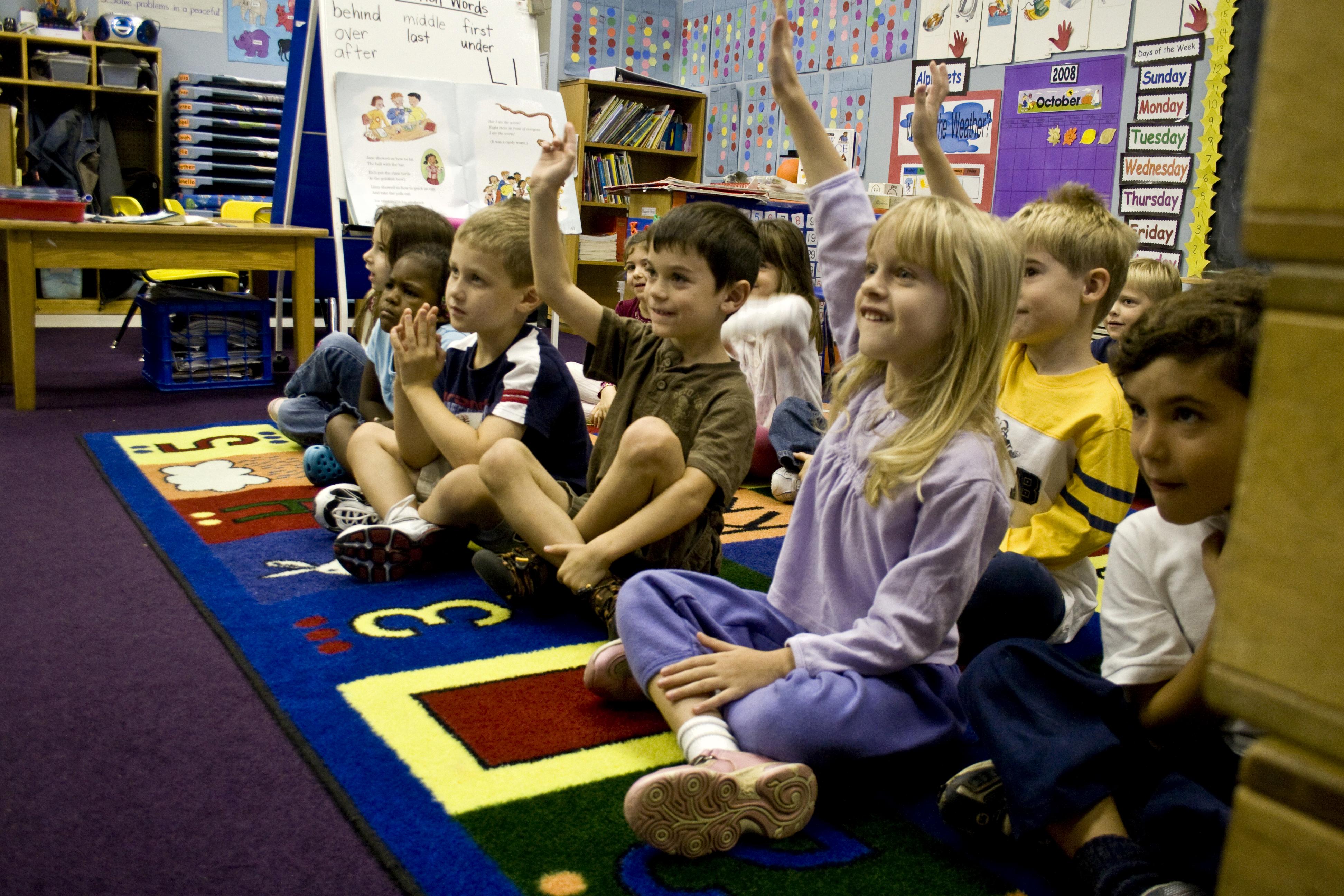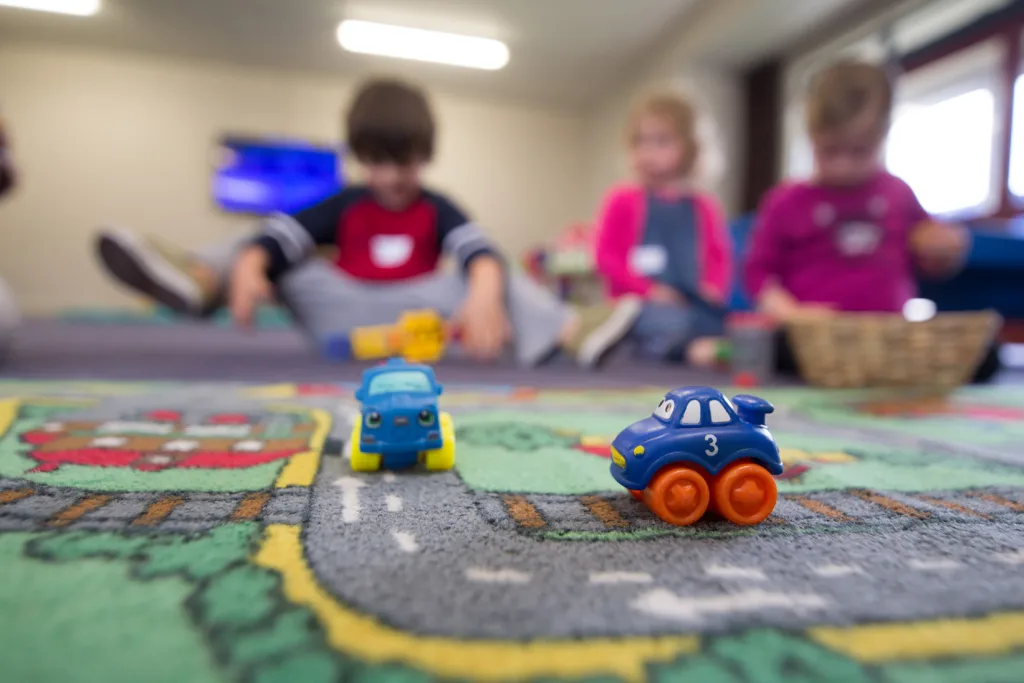Kindergarten, which literally means “children’s garden” in German, is an informal kind of school for very young children where they learn things by playing. This concept was first introduced by Friedrich Froebel in 1840, who started the first kindergarten, Garden of Children, in Germany.
The idea behind kindergarten is to create an environment that is conducive to learning through play. Children are encouraged to explore and learn through interactive activities, such as singing, dancing, and playing games. The curriculum focuses on developing social skills, creativity, and problem-solving abilities.
In kindergarten, children learn basic concepts such as numbers, letters, colors, and shapes. They also learn how to interact with others, share, and take turns. Kindergarten teachers are trained to create a nurturing and safe environment that encourages learning and exploration.
Research has shown that children who attend kindergarten are more liely to succeed in their academic pursuits later in life. This is because kindergarten teaches children important skills such as listening, following directions, and working in groups. These skills are essential for success in school and in life.
Kindergarten is also beneficial for parents, as it provides a safe and structured environment for their children while they work or attend to other responsibilities. It is a great way to ensure that children are receiving a quality education and socialization experience.
Kindergarten is an important part of a child’s early education. It provides a foundation for future academic success and helps children develop important social and emotional skills. By creating a nurturing and interactive environment, kindergarten teachers help children learn and grow while having fun.
Is Kindergarten A Word In English?
Kindergarten is a word in English. It is a loanword from the German language, where it means “garden of children.” The term was first used in the 19th century when Friedrich Froebel started the first kindergarten in 1840. The word kindergarten refers to a preschool educational approach that emphasizes play-based learning and socialization for young children. Kindergarten is typically for children between the ages of four and six and serves as a transition between home and formal schooling. The word kindergarten is widely used in English-speaking countries and has become a familiar term in the field of education.

Why Do They Call Kindergarten Kindergarten?
The term kindergarten was coined by Friedrich Froebel, a German educator who believed that children are like plants and teachers are like gardeners. He called for German women to come together and support the kindergarten movement. The word kindergarten is derived from two German words: kinder, which means child, and garten, which means garden. This is because Froebel believed that educators sould nurture children’s growth and development, just like a gardener tends to a garden. Therefore, the term kindergarten refers to a place where children can grow and learn in an environment that is designed to promote their development, much like a garden.
What Is The English Version Of Kindergarten?
The English version of kindergarten is also called nursery school or preschool. It is an educational institution for young children, typically between the ages of three and five, whre they learn basic social and academic skills through play and other fun activities. In some countries, such as the United States and Canada, kindergarten is considered part of the formal education system and is often a child’s first experience with structured learning. In other countries, such as the United Kingdom and Australia, nursery school or preschool is more informal and may focus more on socialization and play rather than academic learning.
Is Kindergarten A Loan Word?
Kindergarten is a loanword in the English language. The word originates from the German language and literally means “children’s garden”. It was introduced to the English language in the mid-19th century when the concept of early childhood education was gaining popularity. Today, kindergarten refers to a preschool educational approach that emphasizes play-based learning and socialization for young children.

Conclusion
Kindergarten or kindergarden is an integral part of a child’s education, providing them with a foundation for future learning. The word itself, coming from the German language, reflects the philosophy that children are like plants, and teachers are the gardeners nurturing them. In a kindergarten, children learn through play, exploration, and social interaction. It is a place where they can develop their cognitive, social, emotional, and physical skills in a safe and supportive environment. The concept of kindergarten has spread worldwide, and its importance in early childhood education canot be overstated. It is a place where young children can grow and thrive, setting the stage for a lifetime of learning.
